Black don't crack, the age-old saying goes, describing how Black and brown skin is often slow to wrinkle. But it does hyperpigment, a fact I discovered first-hand when I had my first ever spot during my pre-teens. It was an unforgettable experience, mainly because it rudely appeared on my nose (so prominent, so impossible to ignore). And when it finally shrank in size about a week later, it left a dark brown, birthmark-style smear as a parting gift. The mark lasted twice as long as the spot did. Outrageous. In my adult years, I’ve learned that it doesn’t even take acne to cause my skin to hyperpigment. It could be as simple as a moment in the sun that stretched a few minutes too long, or an exfoliating face wash that was a bit too abrasive, or even simply touching my face. Many of you no doubt feel my pain.
What Is Hyperpigmentation?
Post-inflammatory hyperpigmentation, which is the medical term for what happens when trauma to the skin triggers it to produce more melanin in defence, happens to most Black and brown women that I know. At best, it can leave an uneven skin tone. And at worst, it can cause a high-contrast, patchy appearance that can bring even the most confident woman to the brink of depression. (See actor Keke Palmer’s poignant Instagram posts about her own battle with breakouts and discolouration.)
I’ve had friends who suffered from pigmentation so badly they wouldn’t allow friends or even lovers to see them bare-faced out of embarrassment about the discolouration. An old work mate wouldn’t wear swimsuits because she felt insecure about the dark spots on her back and arms.
What Are The Different Types of Hyperpigmentation?
1. Age Spots: caused by sun damage, age spots usually manifest as small, flat dark areas on the skin. They can vary in size and shape but will often appear on areas exposed to the sun more frequently such as the face, neck and hands.
2. Post-inflammatory hyperpigmentation: this refers to temporary skin discolouration caused by injury to the skin or an inflammatory skin condition like eczema, acne or dermatitis.
3. Melasma: this form of hyperpigmentation is thought to be linked to hormonal changes and usually appears on the cheeks, forehead, nose and chin.
What Are The Main Causes of Hyperpigmentation?
- UV: ‘Exposure to UV damages our skin particularly in areas of high sun exposure, such as the face and hands, where we often see clumps of pigmentation - commonly called age spots,’ explains Cosmetic Dermatologist Justine Hextall. However, it's not just UV exposure that can cause pigmentation, research has found that pollution is also a big culprit.
- Inflammation: ‘When our skin becomes inflamed from damage like acne or dermatitis, substances are released that have an effect on the production of the pigment in skin called melanin. This is called post-inflammatory pigmentation,’ says Hextall.
- Hormones:‘It is thought a combination of hormones and UV exposure mainly cause the specific type of pigmentation referred to as melasma. The pigment is usually facial, nearly always symmetrical and tends to affect the upper cheeks, forehead, upper lip, nose and chin,’ states Hextall. Craythorne points out an interesting study that found 25% of women who use oral contraception reported melasma for the first time after they used the pill.
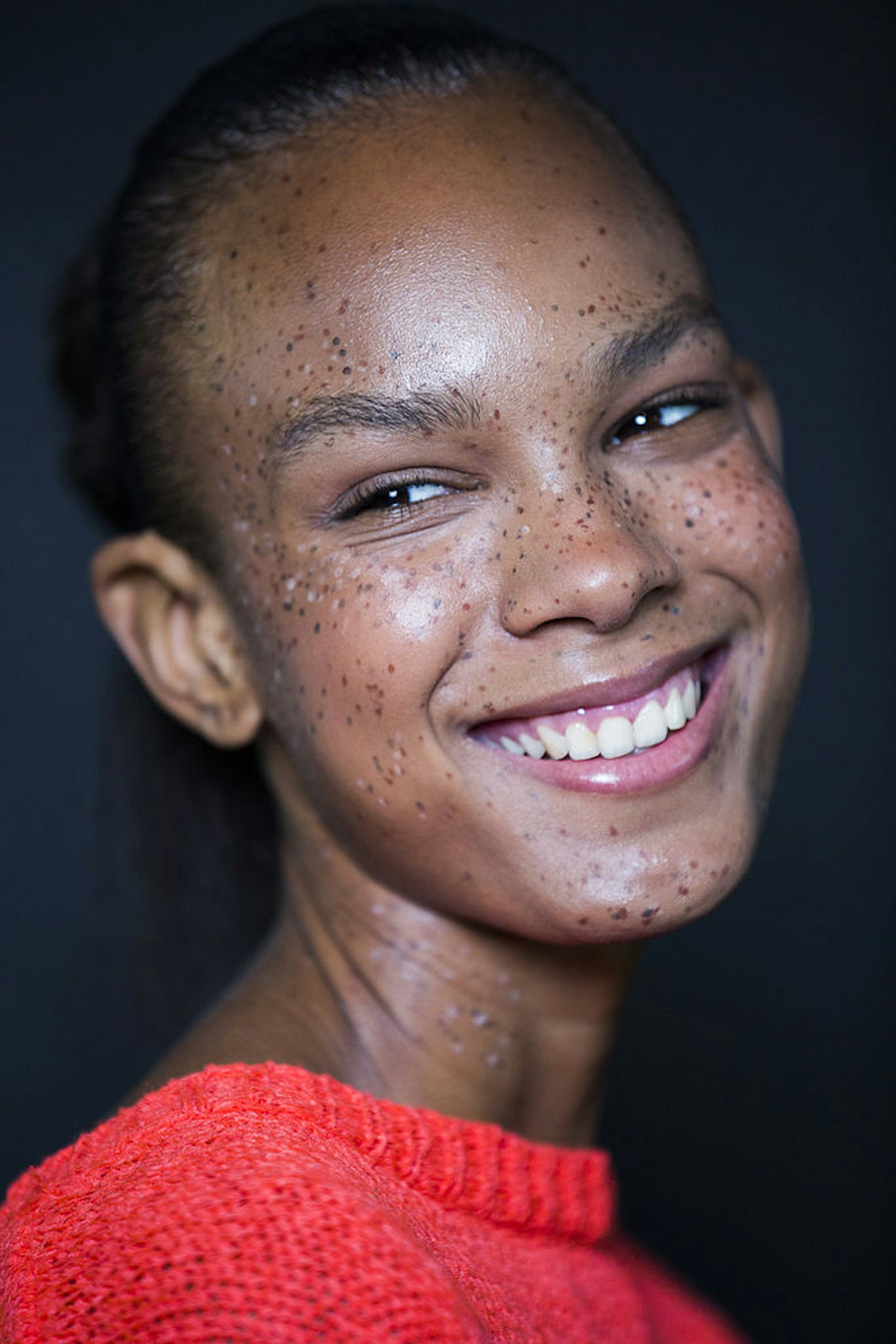
How Does Hyperpigmentation Affect Dark Skin Tones?
Dr Ewoma Ukeleghe, a London-based medical and cosmetic doctor and clinical expert in skincare and non-surgical enhancement known for her client base of high-profile Black British women, tells me hyperpigmentation is the single most common complaint among her patients.
‘When a woman walks through the door, I know she’s going to want to talk about post-inflammatory hyperpigmentation,’ she says.
Yet, while writing this article, I shockingly couldn’t find any hard statistics to back what I know to be true from lived experience and from speaking with countless dermatologists about it over the years. Data about hyperpigmentation in Black and brown women is shamefully scarce. To make matters worse, many of the products on the market to address hyperpigmentation aren’t tested on melanated skin. ‘To some degree, I feel like skincare brands inadvertently cheat women of colour because, first of all, they are not obliged to test for skin colour at all. And when I work with some brands and ask them to send me the research they’ve done, it says, “Tested on 30 Caucasian women between the ages of 30 and 50.” I’m like, “Pardon? What?”’ Ukeleghe says.
That dearth of solutions for women with darker skin tones is what inspired Noelly Michoux to co-found 4.5.6 Skin with the popular medical skin expert Dr Carlos A Charles, in 2019. The skin care line, which includes a tight line-up of six products – all specially formulated for dark skin – has since become a cult hit among Black fashion and beauty editors on both sides of the Atlantic. ‘The skincare industry is lagging way behind in its melanin-driven research and development process,’ Michoux says, adding that Black and brown skin has specific needs that differ from white skin.
What’s most striking about 4.5.6 Skin is that it’s all made to order. You select a product (a cleansing oil, cleansing gel, exfoliant mask, treatment lotion, brightening concentrated serum, or matte moisturiser), complete a questionnaire about your skin’s unique characteristics and then choose from a selection of thousands of formulas. I received mine in a series of recyclable bottles with my name and an expiration date printed on the label. ‘We believe that beauty needs to be defined by each person on their own terms,’ Michoux says. After six weeks of use, I was impressed with the results. A series of brown spots on my jawline from an at-home chemical peel gone wrong had faded significantly.
WATCH: Dr Ewoma Ukeleghe Discusses The Best Ingredients For Your Skin Concerns From Age Spots to Discolouration
How Can I Treat Hyperpigmentation?
It’s notoriously difficult to treat hyperpigmentation in darker skin tones. And Ukeleghe says the ingredients matter. ‘What you really want are products like azelaic acid and retinol,’ she advises.
My own personal experience backs this up. I’ve found that my face responds best to products that are powered by science that is a little more robust. In testing out solutions for this article, my pigmentation faded the fastest with skincare ranges known for their skin renewal technology – Augustinus Bader’s The Cream, for example, and Dr Barbara Sturm’s entire Darker Skin Tones range.
Ultimately, though, the biggest investment to make in clearing up hyperpigmentation is patience. No matter what anyone says, there is no quick fix. It took roughly seven weeks for me to finally see results. ‘I always encourage my patients to look at what’s causing the hyperpigmentation in the first place,’ says Ukeleghe who, in addition to a list of products, suggested float therapy and acupuncture to manage my stress levels. ‘I can give you pills and peels and this and that, but I’d just be putting a plaster on the situation. It makes more sense to treat what’s causing the problem; to do that you have to put in the work and time.’
Dr Ukeleghe's Top Tips For Getting Rid Of Hyperpigmentation
-
No picking! Or haphazard DIY extractions.
-
Avoid touching your face unnecessarily.
-
Avoid harsh towels, flannels, scrubs and electric brushes. Instead, use medical gauze.
-
Cleanse for at least 60 seconds, using your hands and avoiding piping hot or freezing cold water.
-
Avoid or minimise use of products with perfume, essential oils, alcohols and sulphates/SLS.
-
And of course, remember - sun protection is still important for darker skin. Use a daily SPF that blocks harmful UV rays to give your skin the best possible protection from long term damage.
Shop The Products To Try Now
Best Products For Hyperpigmentation
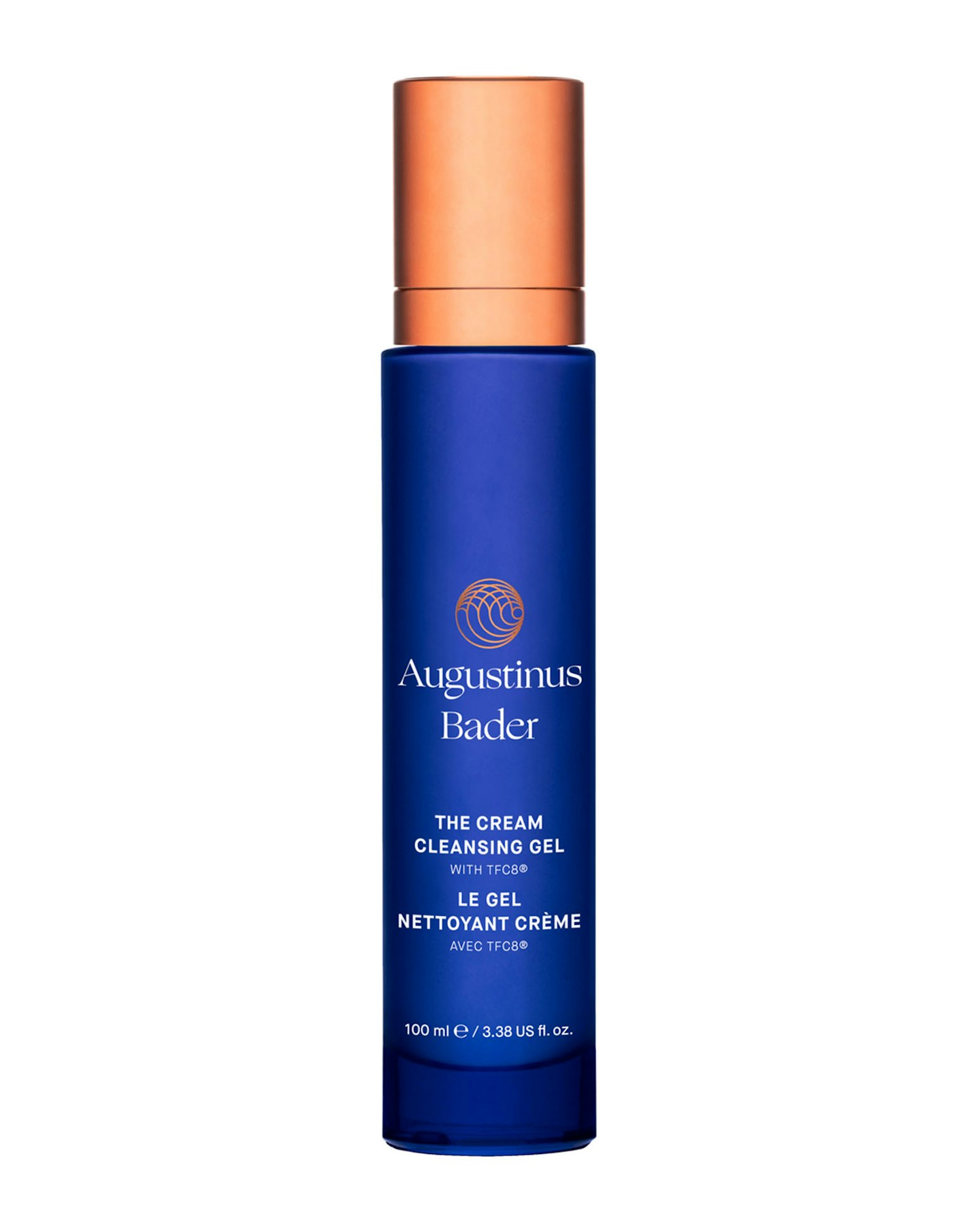 1 of 7
1 of 7Augustinus Bader Cleansing Gel, £50
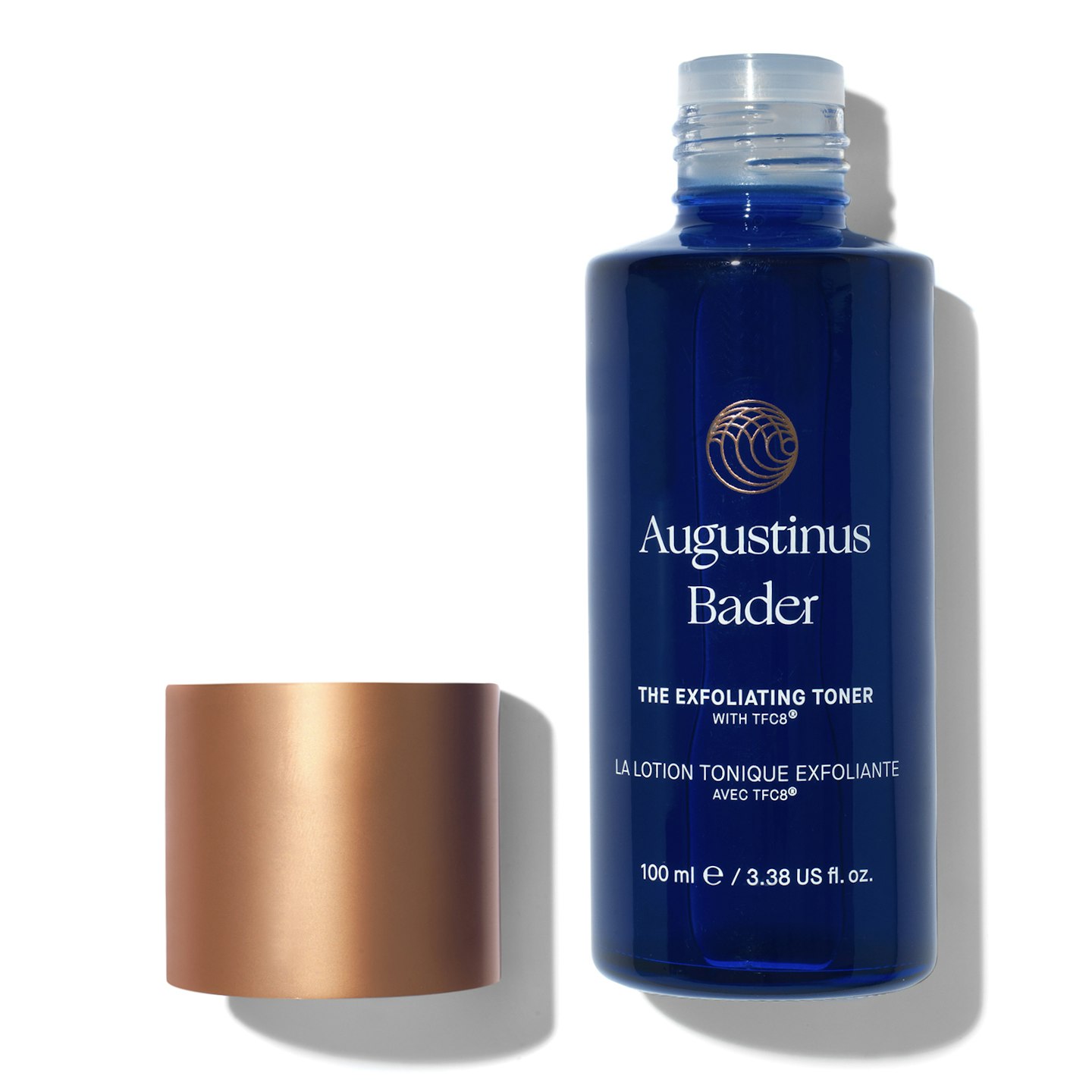 2 of 7
2 of 7Augustinus Bader The Exfoliating Toner, £65
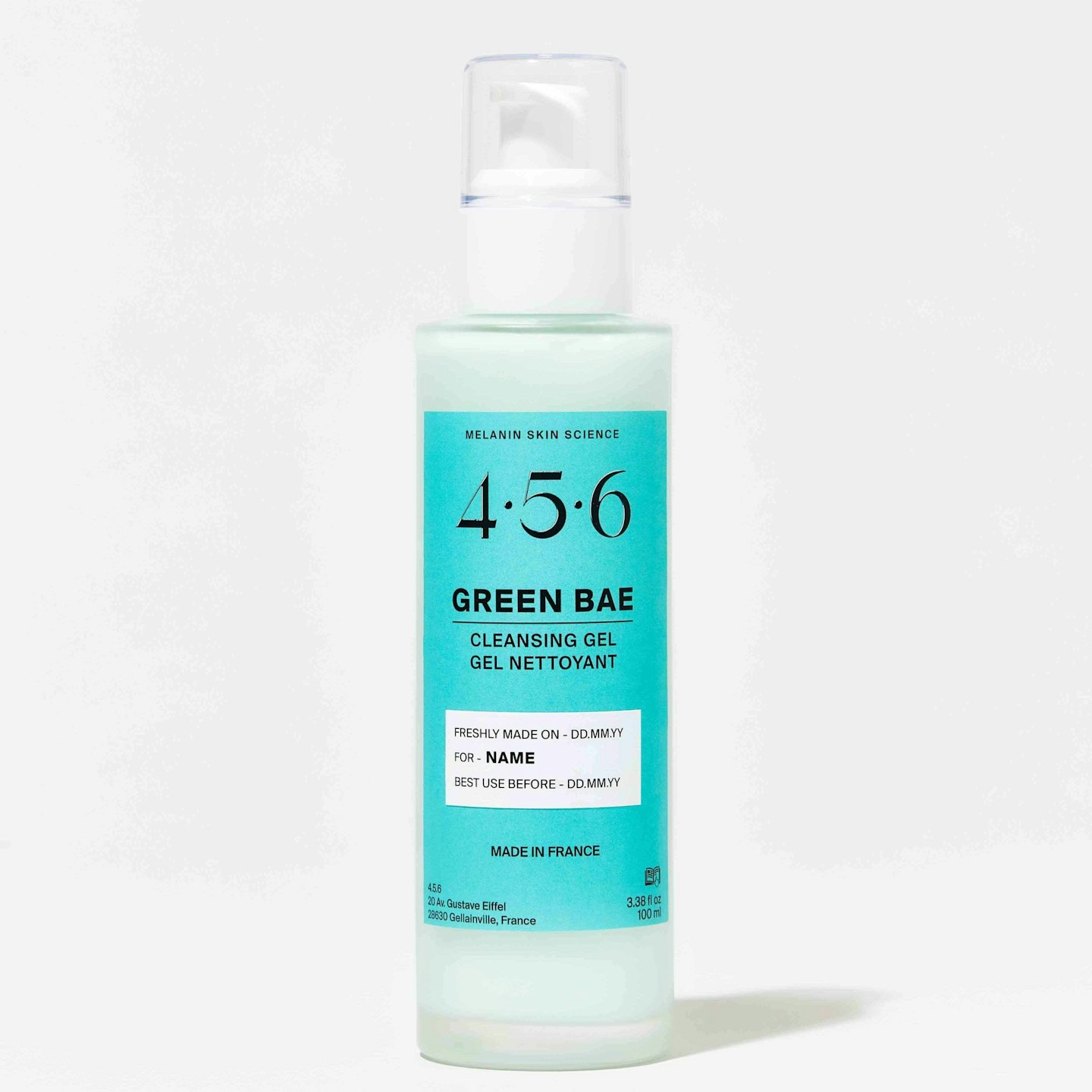 3 of 7
3 of 74.5.6 Skin Green Bae Cleansing Gel, £25
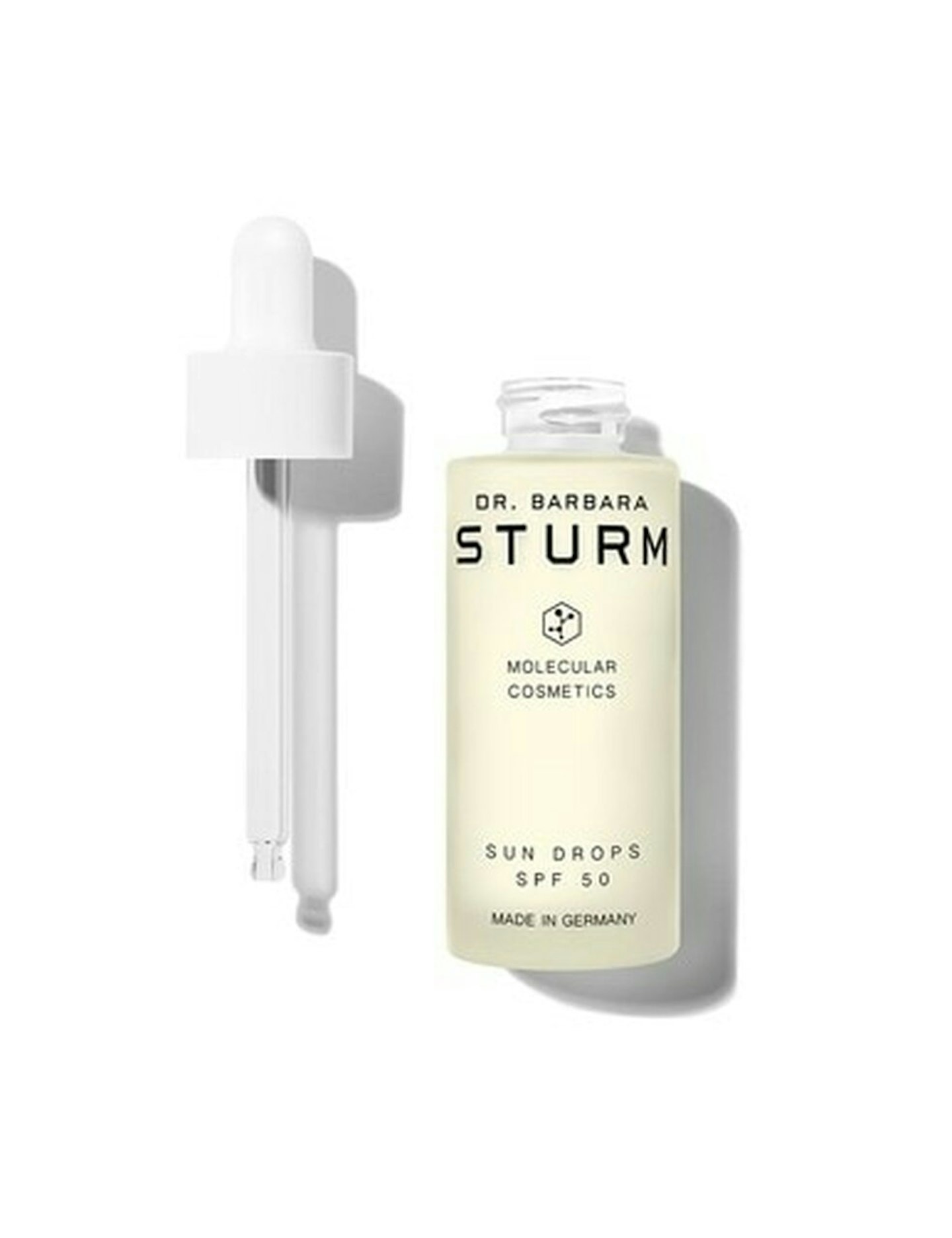 4 of 7
4 of 7Dr Barbara Sturm Sun Drops, £110
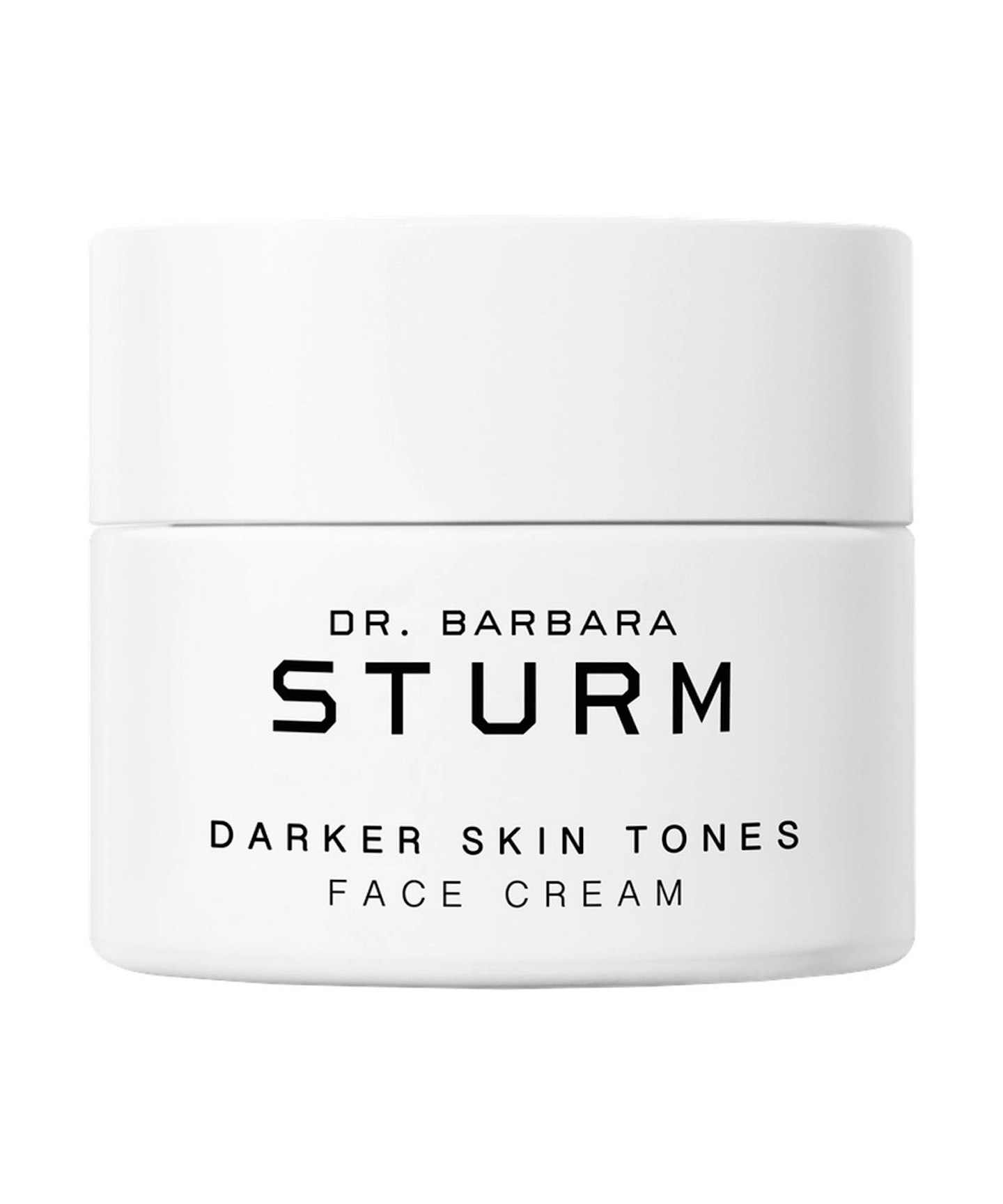 5 of 7
5 of 7Dr Barbara Sturm Darker Skin Tones Face Cream, £135
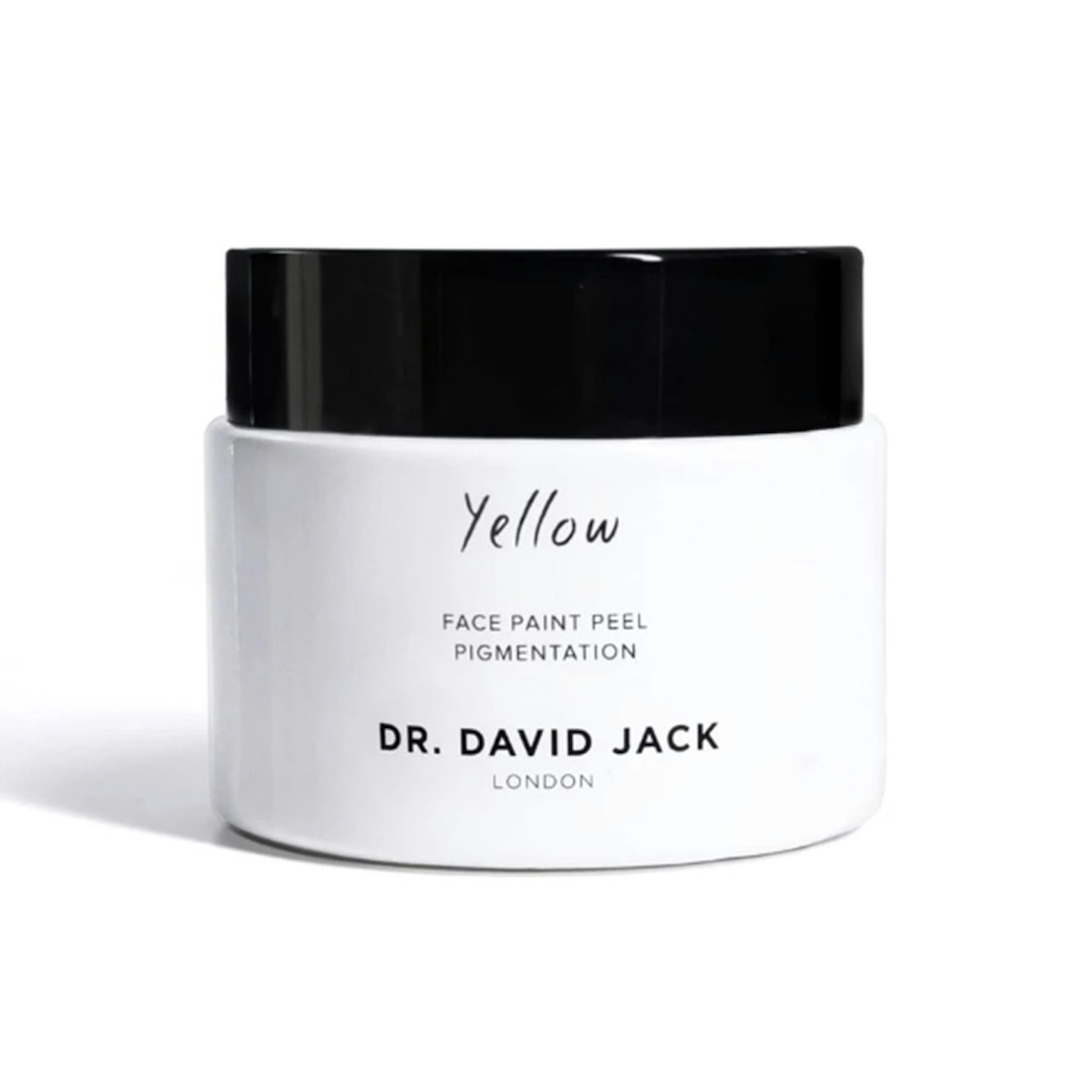 6 of 7
6 of 7Dr David Jack Yellow Face Paint Peel, £139
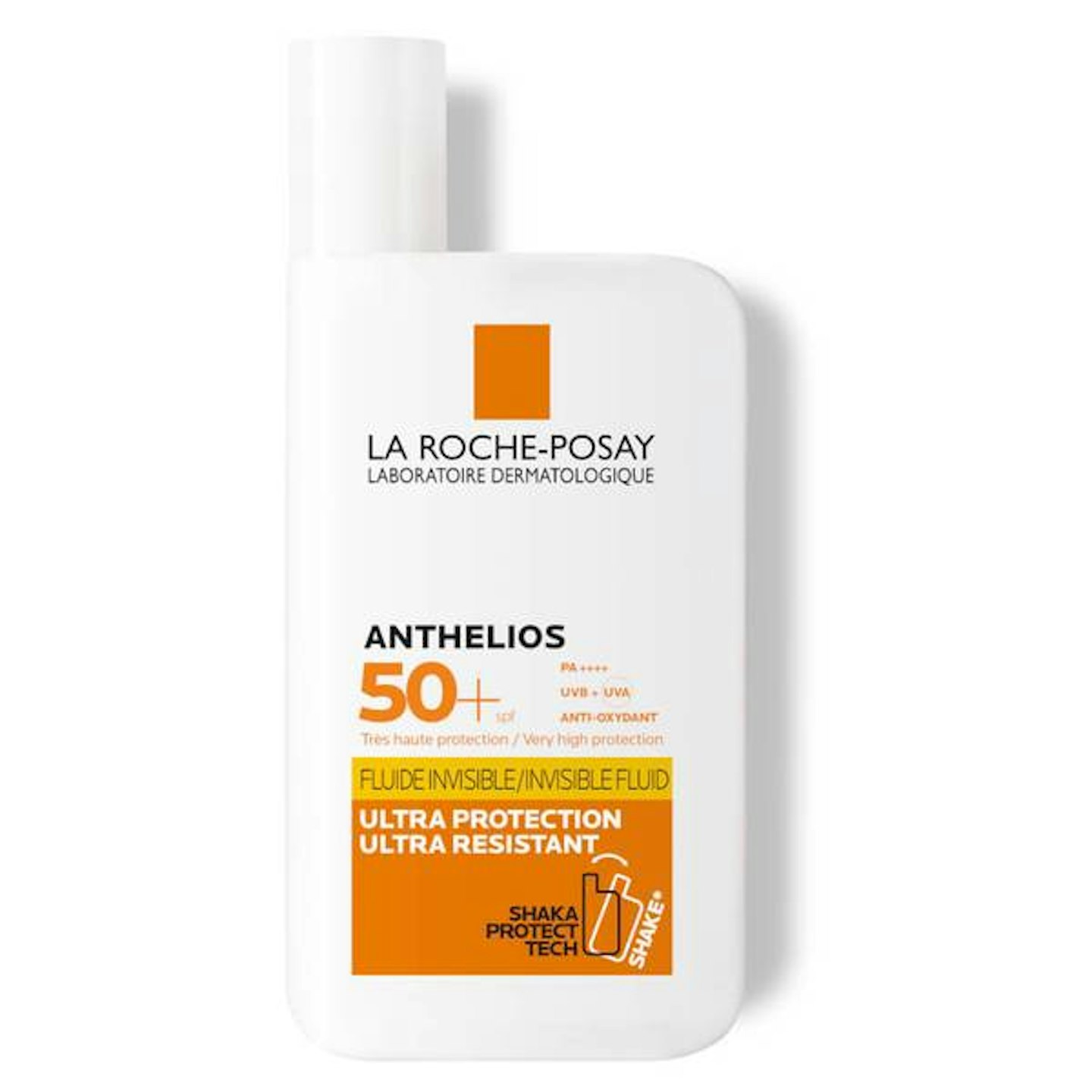 7 of 7
7 of 7La Roche-Posay Anthelios SPF50+, £18
READ MORE: Everything You Need To Know About Hyperpigmentation, Including The Best Treatments
READ MORE: What Is Azelaic Acid And How Does It Help Combat Acne and Redness?
.png?ar=16%3A9&fit=crop&crop=top&auto=format&w=1440&q=80)